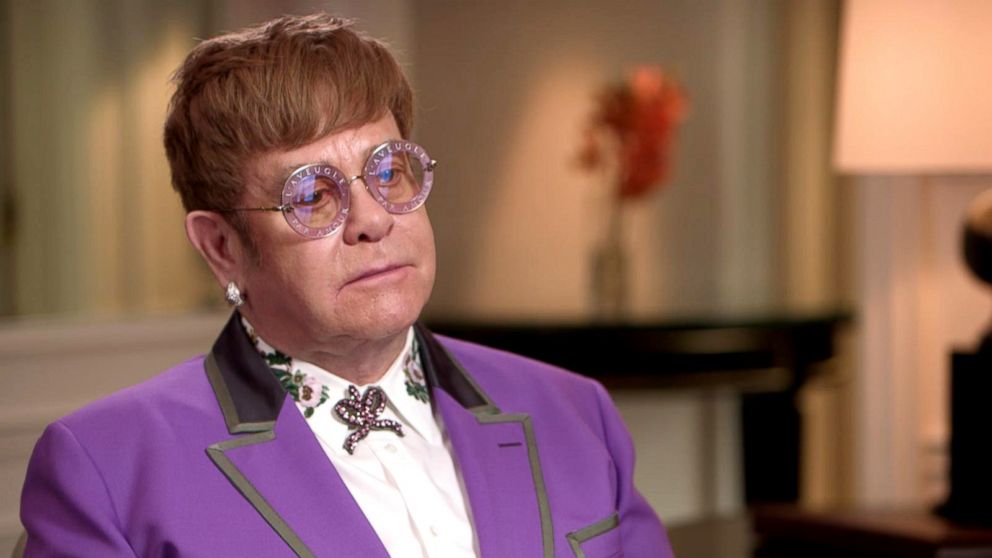You are absolutely right that the "supporting narrative for individuals with special Magical Lineages" is thin. But why in the name of the little black pig are you using the
Pathfinder fluff for the sorcerer rather than the 5e fluff? Wizards got their power through study of books. Warlocks from their patrons. Bards get their power from magic. And Sorcerers? None of the above.
To copy and paste
from D&D Beyond:
Only one of the sorcerer subclasses in 5e is a bloodline (the draconic bloodline). And for other sorcerous backgrounds? The seventh son of a seventh son is classically a sorcerer. Also that guy who gained lightning powers because they were struck by lightning is obviously a storm sorcerer. And the person born at precisely midnight on the turn of the millennium at the lunar eclipse. And the Chosen One gifted with magic powers. And ... it doesn't even need a reason the sorcerer knows.
And in settings with a lot of magic there being people able to wield magic with unusual origins rather than books, pacts, gods or music are common. No one reason would be common enough to justify a class - but all of them combined underlining that magic can come from anywhere? That's enough.
The quote from D&D Beyond is a clause statement. They gain the "Magical Birthright" from a series of different sources (Grandma boinked a dragon, Grandpa was in a primal storm, Daddy made a deal with a Fae) but it's still a -Birthright-. It's something that you are born with and grows with you and, presumably, that you pass down to others.
The 5e sorcerer is all about magical lineage.
According to 5e's Lore someone who gets struck by crazy lightning from a primal storm can be empowered, but they're not a Sorcerer, they're the progenitor of a sorcerous line. They'd probably retain whatever class levels they have and then gain some kind of Boon or series of Boons from the DM in order to develop their newfound powers.
But most of us would rather just give them Sorcerer levels.
Doesn't change the canonical Birthright of 5e's Sorcerers, though.
That said, if you wanted to do the "Wider Storyline for Sorcerers" that's fine, too? Just sprinkle a lot of different examples of different ways to get power through the narrative to show that it's still part of the cultural narrative and people can have a serious grasp of it in-canon.
My point is that the Fighter lacks a class fantasy besides weapon and armor focus. It can be a knight, general, thug, sword prodigy, a peasant hero, or a lumberjack good with an axe.
Again what does "He is a fighter" mean in a setting. What is the difference between a Dwarf Fighter and Dwarf Warrior?
He's a fighter means "He puts up a fight." It's a phrase we use even in the modern day. Usually about people with horrible illnesses when we wish to support our friends.
That said: There isn't one. There's no mechanical distinction and there's no cultural distinction between the two terms because there doesn't -need- to be a cultural or mechanical distinction between the two.
Here's a different one for you: He's a Knight. What's that mean?
Could mean one of several things. It could mean he's a mounted cavalryman in shining armor. Could mean he's a landholder who has never fought in a war because he pays Scutage in order to give his king other soldiers rather than himself. Could mean she inherited the title, and the land, from her mother, and eagerly trains for her chance at warfare while her serfs manage the estate. Could also mean Elton John, who is a Knight.
And an awesome and well dressed knight is he!
I do not feel that "Fighter" needs to have an explicit and exclusive cultural connotation because the Class Fantasy of "Armored Weapon Wielder" is broad enough to cover a lot of concepts that tie into the narrative and their subclasses. I don't feel it needs that exclusivity for the same reason I don't feel the term "Knight" needs absolute exclusivity, since it can represent many things culturally and narratively. At least some of which can be explicit undermining of reader/player expectation.
Imagine being told you're being taken before one of the most powerful knights in the world, wealthy beyond measure, undefeated in battle, famed across the world for his travels to far away lands...
And then you walk into the manor house to find Sir Elton John tinkling the ivories as the world-famous knight. Undefeated in battle 'cause he's never fought in a single war or even competition!
Fighter and Warrior exist as essentially synonyms. But Warrior and Knight stand apart. Thug and Bosun. General and Footsoldier. Archer and Cavalier. All are Warriors. All are Fighters. The only specificity is in how they do their particular fighting.



